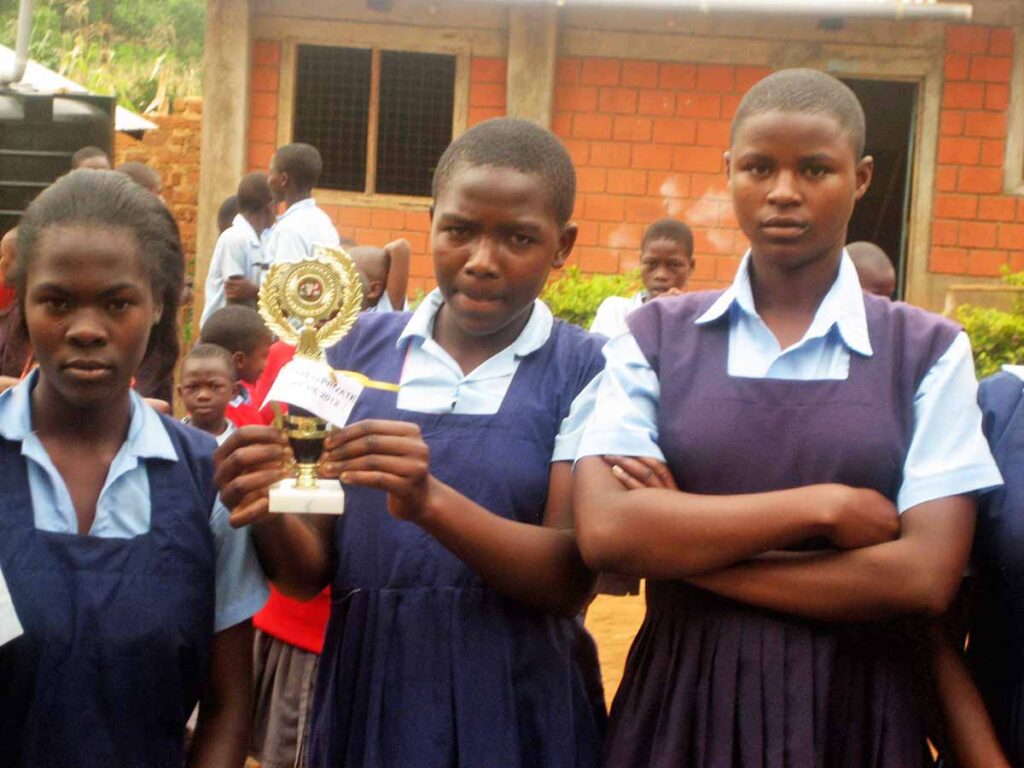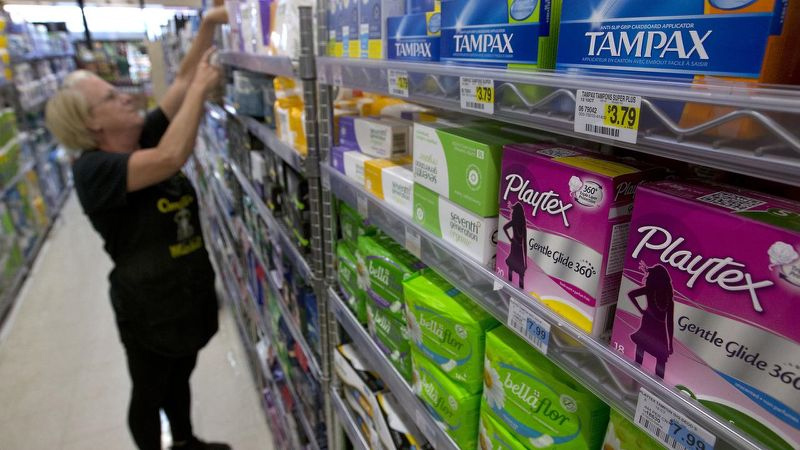When pads are a luxury, girls get left behind.
Article reference: Ivana Kottasová, CNN – https://www.cnn.com/2018/10/03/health/tanzania-period-poverty-asequals-africa-intl/index.html
Video reference: Netflix Original Documentary – Period. End of Sentence. (Trailer)
Main photo credit: Yahoo! News (Australia)

Nearly everywhere in the world, girls and women struggle more than their male counterparts straight out of the gate. With the fairly recent adoption of a new constitution, Kenya currently affords more freedom and rights for women than it once did. But it takes a lot of time and education to change mindsets about a woman’s place in the world, let alone about their daughters’ ability to continue their education in spite of their monthly periods and the stigma and challenges surrounding them.
— Pastor Kiefa Ontiri (GADKenya, Rionchogu, Kenya)
This issue, which is finally gaining recognition, reached the attention of Go and Do Likewise (GADL) in Partnership with GADKenya. Together they are addressing the challenge with a program designed to inform the female villagers in Rionchogu about affordable feminine products available through AFRIpads. AFRIpads is the largest company that manufactures reusable sanitary pads. Not only does the company provide more affordable and sustainable solutions, but it is creating employment opportunities for women in Africa.
GADL sponsored a seminar for girls and women in the Rionchogu area. A trainer from AFRIpads explained the product and passed out sample packs for the attendees. Word on the street is that the products have already reduced the challenges related to women’s and girls’ monthly periods. It is our hope that the use of AFRIpads continues to improve lives and facilitates uninterrupted education for girls in the area.

In addition to a host of articles, posts, and tweets propelling the movement, Netflix released (February 19, 2019) a documentary on the subject called, “Period. End of Sentence” by director Rayka Zehtabchi. The film received an Academy Award for Best Documentary Short Subject. Though it focuses on young women and girls in India, females in all poverty-stricken countries face this barrier to progress.
Another helpful resource is an article aptly titled “Period Poverty“ by CNN business reporter Ivana Kottasová. According to Kottasová, a 19-year-old single mother from Tanzania making 30,000 shillings ($13) a month as a housekeeper would spend between 1,500 and 3,000 shillings ($0.70 to $1.30) on sanitary pads—a staggering 5 to 10 percent of her salary. For an American woman making a typical wage, that would be equivalent to spending between $169 and $338 for just one pack of pads. Missing a few days of work each month to manage her period at home would increase that cost.
Kottasová says there are no global statistics on how many girls miss school because of their periods, but anecdotal evidence indicates period absenteeism is common across much of the developing world. In Tanzania, 16 percent of girls say their periods keep them out of school. It’s not only access to pads that keeps girls out of school; it’s also the pain often associated with periods and other undetected and untreated medical conditions.
You can read the CNN piece in its entirety by clicking here.

TEDxTruro – Beyond Barriers.
Bimini Love’s talk was Street Cramps:
A 15-year-old tackles period poverty.
Photography by Verity Westcott: veritywestcottphotography.com

In the community in and around Rionchogu, GADKenya reports similar issues for girls in school. Education for girls in particular is an important element in solving poverty in rural Kenya. Learn how you can help by contacting us, or learn more about us here on our website.

